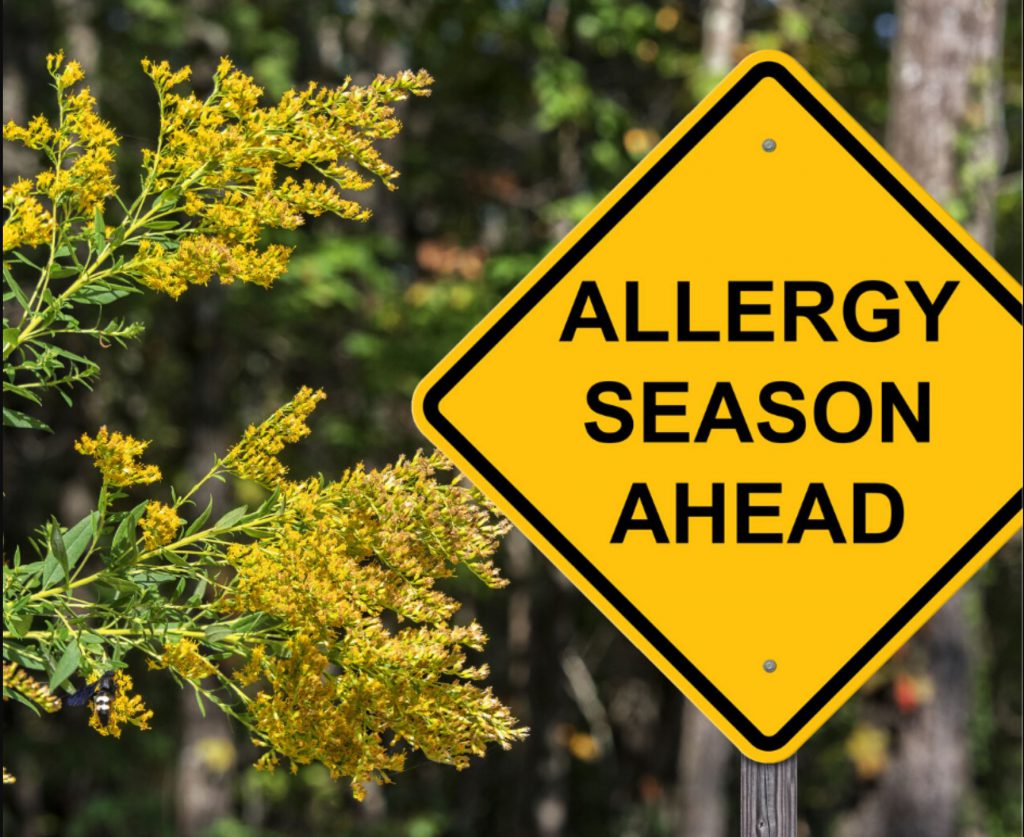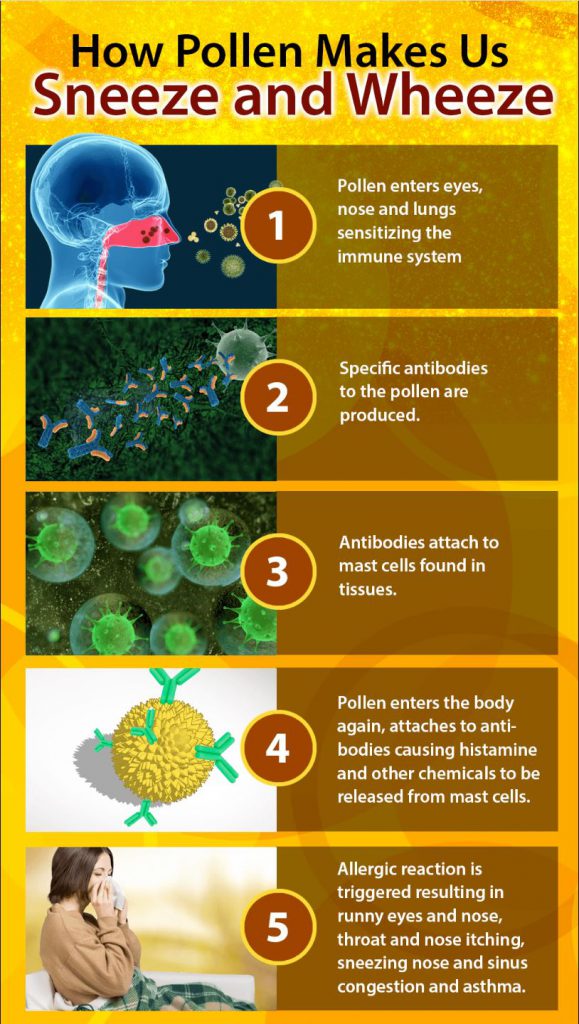
February 05, 2026
Honoring Grief, Embracing Healing

Spring has finally sprung! Some of us welcome this season with a familiar feeling of runny nose, itchy and watery eyes, endless sneezing, and even difficulty breathing. Seasonal allergies can be a nuisance to deal with during this time of the year.

It just takes a little exposure to pollen, grass, and other allergens to fall victim to these symptoms and, as a result, going outside becomes something like a nightmare. So the big question is: what can you do to alleviate or prevent this from happening?
Preventing allergies from ever occurring is near impossible unless you completely avoid pollen all day, every day. This is only doable if you never step outside during the springtime and prevent letting anyone who’s been around allergens into your home. This step may be a little extreme. So, operating under the assumption that everyone wants to enjoy at least one day of the season outside and with loved ones, how do you nip allergy symptoms in the bud so it doesn’t become a deterrent to your day?

Being aware that you’re going to be surrounded by something that triggers an allergic reaction is the first step towards easing the experience. Taking allergy medicine and eye drops before exposure – for peak effectiveness – or immediately after can stifle/completely eradicate symptoms as they arise. Even if you’re unsure if you’ll encounter an allergen during the day, it doesn’t hurt to carry around allergy medication just in case! Others who get more severe allergic reactions may even carry with them Epipens. An epipen is an auto-injector that contains epinephrine, a medication that can help decrease your body’s allergic reactions by relaxing the muscles in your airways to make breathing easier. Preparation is your best friend and your life saver during allergy season.
Speaking of prep work, there are a few other steps and tips on how to limit your exposure to allergens in places they aren’t necessarily meant to be found. An example of this is washing clothes that have been exposed to pollen and taking a shower if you think you may have it on your skin or hair. Both of these measures ensure that the allergen doesn’t stick to the household items you use everyday such as your bedding and chairs.

Failing to be cognizant of this can cause light allergies to invade your home before you even have a chance to realize your furniture is covered in pollen from outside. In addition, tightly shutting all doors and windows in your home and car to avoid allergens being brought in by the wind is another small, yet important method.

Masks are another helpful way of keeping exposure to allergens to a minimum (not just preventing the spread of COVID). Wearing one when in an area of high pollen levels can drastically decrease your chances of dealing with intense allergy symptoms. A proper mask with protective layers will definitely do the trick of at least minimizing the damage done.

Of course, everyone experiences seasonal allergies differently depending on their immune system, so only take measures that apply to the severity of your own. This time of the year should come as a relief from the gloom and cold of winter, so do what you can to make the most of it!